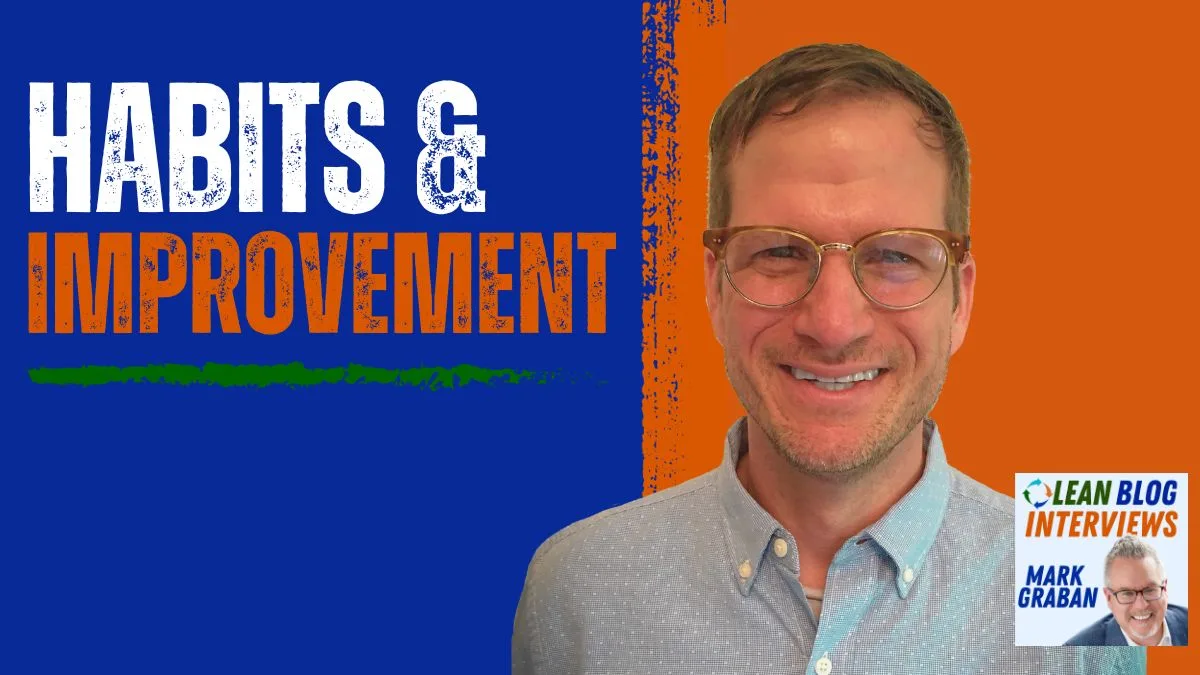I don't think I'm smart enough to figure out the root cause of this healthcare dysfunction. I went to the dentist this morning and the office manager said “Aetna still hasn't paid for your last visit”. This was five months ago.
On my way out, I asked her about the payment, if there was a problem, etc. She elaborated, “No, a person at Aetna told me that half of the submitted claims go on a shelf and half of those get lost.”
Again, this is all second and third hand. Why would an Aetna rep admit such a thing, assuming it is true? They could very well be disgruntled because they think their employer is screwing over dentists by intentionally delaying payment.
So we have a health insurance company — it's their job to pay a doctor or dentist for services rendered. Aetna is inflating their profits by purposefully delaying payment to doctors? How much waste is added to the system as the office managers have to call and call and resubmit payment?
“Just think of the money they make on interest from holding our money longer,” the office manager added with a sigh.
This practice hurts the dentist's cash flow…. not that he seems to be hurting in general. They're making money (not off me) from services like teeth-whitening that are paid out of pocket.
If Aetna paid everything promptly, they would see their profits and cashflow hurt, which means they would probably try to jack up the premiums paid by my employer on my behalf (or my co-pay would get raised, probably both).
So who has incentive to fix the situation, to make sure my dentist gets paid promptly? My employer doesn't. Aetna sure doesn't. The dentist office loses by refusing to accept Aetna coverage (and the other “payers” probably do as badly). I don't have enough power, as the covered party, to influence change, do I?
Maybe I should raise this question with my employer's HR staff. As a healthcare company and as a company that practices and teaches lean principles, I would hope that they wouldn't stand for this.
As I quoted a doctor earlier this week, “Respect for patient time is a business model.” Some people are succeeding by doing things the right way. Why is that some companies seem to base their business model on hurting others? That's not lean. That's not right. Who can fix it? Who wants to fix it?
In a lean system, the insurance payer would process claims 100% accurately and within a consistent and reasonable timeframe, say 60 days. That's a typical payment timeline when a manufacturer pays a vendor, unless you're trying to squeeze your suppliers by stretching out terms to 90 days or longer. Not lean.
42 states have responded with “prompt payment” laws, as you can read here. The “payers” argue that doctors offices “upcode” claims (cheating the system to get paid for more than they did) and repeatedly submit multiple claims in order to get paid faster (can you blame them?). Either way, it's a mess. I guess you have to get government to step in if the parties involved can't get along.
Please scroll down (or click) to post a comment. Connect with me on LinkedIn.
Let’s work together to build a culture of continuous improvement and psychological safety. If you're a leader looking to create lasting change—not just projects—I help organizations:
- Engage people at all levels in sustainable improvement
- Shift from fear of mistakes to learning from them
- Apply Lean thinking in practical, people-centered ways
Interested in coaching or a keynote talk? Let’s start a conversation.










The root cause of the problem is third-party payment for services. There is no direct Customer/Supplier relationship for services/goods rendered, Therefore no incentives for cost control, quality control, or improvement of either.
I’ve often considered trying to change the relationship, but personal negotiations with either party would surely bring the world to an end.
You’ve captured it well, Mark. No incentives seem to exist.
How to move it? Would Steve Spear’s perspective help here?
OTOH, who cares to take on such a monster???? For example, Tom Peters rails frequently on health care…how does one connect with him to gain a larger voice??
Check out Tom’s website, http://www.tompeters.com, where you can download his slides. There are many slides that talk about medical errors and the skewed incentives (such as getting paid for fixing people as opposed to keeping them healthy). Peters is an influential (and loud) voice who can call for process change, as opposed to the politicians who want to make noise and just get elected.
Steve Spear certainly has quite a name in the healthcare world. He is an assistant professor at MIT now, maybe I can pull him into this and other lean healthcare discussions.
On your list of waste Aetna (eventually you) pays for is the duplicate claims when the office submits another one after not hearing from Aetna or after getting a mistakenly rejected claim.